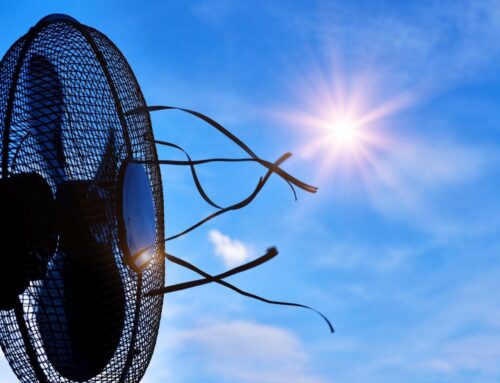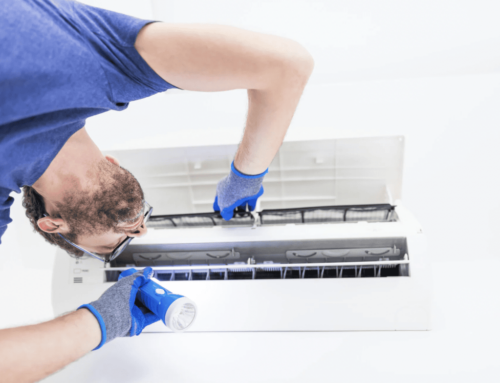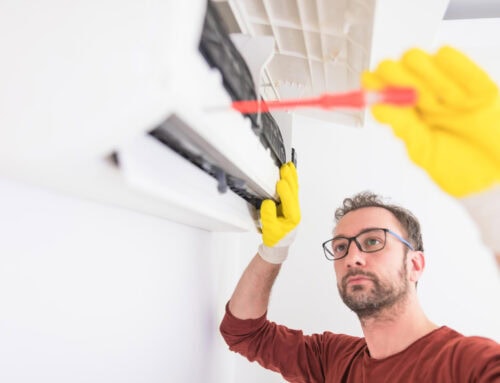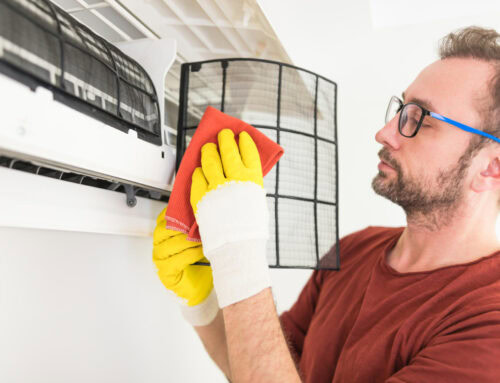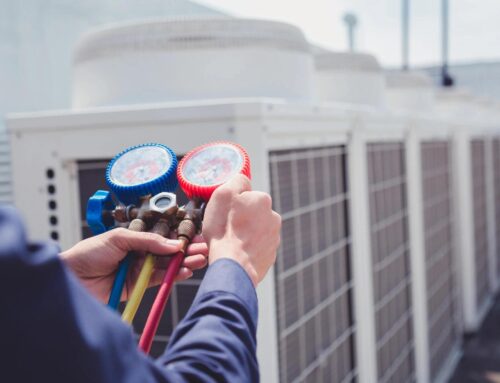When it comes to our indoor environments, everyone likes something a little bit different.
These days, we’ve got complete control of the heating and cooling in our homes. When you’re experiencing too much or too little humidity in your home, it can make you uncomfortable and foster air quality issues.
So, how humid should your home be?
In his post, we’re going to look at humidity levels and tell you what’s ideal for the average indoor space. We’ll also go over some of the ways that you can change the humidity and the problems that can result from having your home too humid or not humid enough.
It’s time to set your HVAC system correctly. Keep reading and learn all about humidity levels.
What Is the Ideal Home Humidity Level?
Humidity is based on how much moisture is in the air. If you’re in a 100% humid environment, the air can’t absorb the sweat coming off of your body. Sweat is an air conditioner for our body, allowing us to maintain our ideal body temperature.
More humidity leads to more sweat on the body, which leads to that awful sticky feeling and heaviness in the air. The perfect humidity level depends on a few different factors, namely your personal preference, what time of year it is, and the outdoor humidity levels.
Most people keep their homes at a relative humidity level of between 40% and 60%. Relative humidity accounts for the amount of moisture currently in the air versus the amount that could be in the air. Absolute humidity – how we measure outdoor humidity – is simply the amount of moisture in the air.
How to Change Humidity Levels
The relative humidity is such because we can alter it with our HVAC systems. You may also have a humidifier or dehumidifier, depending on the climate in which you live. These things can all be used to literally adjust the humidity in your home to your liking.
Without these things, you can rely on airflow in your home to achieve different humidity levels. For instance, in the summer, it’s naturally humid outside, so you can store away your humidifier and let your HVAC unit do the work. In the winter, it’s dry, so a humidifier may come in handy.
What Can Happen When Humidity is Off?
When your humidity levels are too high, it can make you uncomfortable in your own home. Because high humidity means there’s more moisture in the air, it can also lead to conditions that promote mold growth. Mold can be extremely detrimental to indoor air quality and potentially dangerous.
Low humidity means your home is too dry, which can lead to itchy skin, damage to wood surfaces, and vulnerability to certain illnesses in the winter.
Contact the Best HVAC Company to Help Your Humidity Levels
If you want to control the humidity in your home, you need a functioning HVAC unit. Maintaining your HVAC unit and giving it repairs when necessary is key to having it function properly. When you’re having HVAC problems, there’s only one company to call in Williamson County: Sewell Electric.
We’ve been servicing Franklin and Williamson County since 1945, so contact us today to help you deal with your humidity levels.


